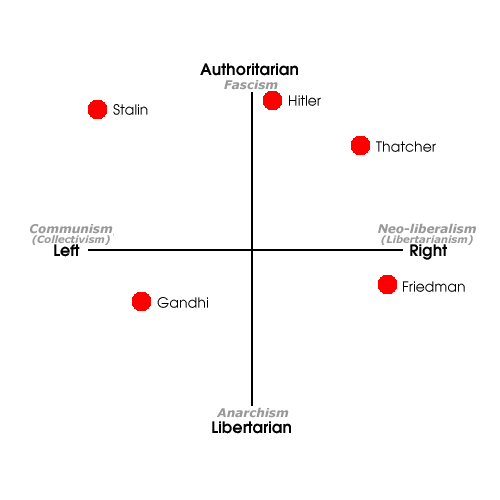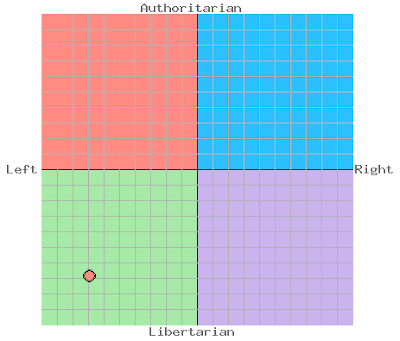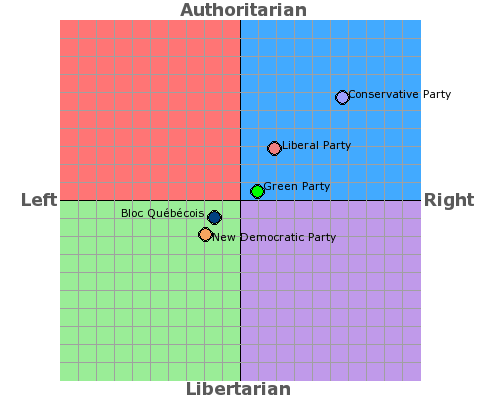Alberta's turnout was among the lowest in the country, fourth from the bottom, with the Northwest Territories (48.6%), Nunavut (49.4%) and Newfoundland & Labrador (48.1%) the only provinces or territories lower.

In the case of Alberta, with only 52.9% voter turnout the Conservatives obtained 27 of the 28 seats. But that 94.6% virtual seat sweep was courtesy of 34.2% of the Alberta electorate. The other 65.8% of Alberta voters either stayed home or voted other than Conservative.
Now consider Newfoundland and Labrador, which came in last for voter turnout. NL Premier Danny Williams and supporters pushed his Anything But Conservative campaign hard throughout the province. Reports were common of demoralized Conservatives and the CPoC's struggles to find people willing to run as candidates against the moneyed avalanche which was the ABC campaign.

Should progressives be pleased with the demoralization of the CPoC's supporters in the province?
No, not if they hold that democracy should be inclusive of and for everyone, not just those with whose views they can agree.
I feel as bad for the disenfranchised Conservatives in NL as I do for the 65.8% disenfranchised Albertans who either voted differently or didn't vote at all.
The numbers are telling. No matter which political ideology you hold, surely you can see that forcing a multi-party democracy into a two-party voting system is unfair to the electorate, undemocratic and horribly wrong.
The first past the post voting system was designed and implemented back in the days when Canada and most other democracies had just two parties competing for office.
A true democracy adapts to change.
All but three democracies had done so by the end of the last century, having recognized that the development of more parties, as created by the citizenry, meant the requirement to accommodate to this growth. Adapting to change did NOT mean forcing those parties to reduce back to two, thus
forcing citizens of the democracy to choose between only two options.
The needed change was obvious to the leaders of these democracies, to move from a voting system which was designed for only two parties - first past the post (also Alternative Vote, as used in Australia, or Instant Runoff Vote) - to one of proportional representation, which is designed for multi-party democracies.
But there continues to be resistance to such democratic change in Canada. It comes almost exclusively from the elites who hold power, among whom are the corporate media, such as the
Toronto Star.
That the Star should tout earnestly about the need for poverty reduction, environmental protection, etc., etc., etc., but at the same time be consistently against proportional representation speaks to how stuck in the old days the paper is.
If Canada had a system of proportional representation ... the pro-life Christian Heritage Party, for example, might win enough votes to get seats. And new parties might emerge to win seats – say, an Alberta First party or even ethnic parties.
So Harper might be kept in power by entering a coalition with pro-life and Alberta First parties. Now that, indeed, is a scary prospect.
Scare mongering. How quaint.
The Star needs to catch up with the current century and
get its head out of its ass expand its view. If Harper, the Alberta First Party, and some pro-life and far-right parties collectively obtained a majority of seats under
proportional representation and they formed a coalition majority government, then the government would represent a true majority of Canadians.
This would be a democratic result, which proportional representation is all about.
Clearly, the Star endorses democracy only for some. Which, in the end, amounts to no democracy at all.






